Gurmeet Ram Rahim Singh, the chief of Dera Sacha Sauda, has been acquitted in a murder case by the Punjab and Haryana High Court, just days after he expressed support for the Bharatiya Janata Party (BJP). Indian news outlets NDTV and ABP News reported the acquittal on Tuesday.
The controversial cleric was cleared of murder charges on Tuesday, local time. This decision comes shortly after Singh publicly pledged to support the BJP in the upcoming Lok Sabha elections in Haryana. His backing of the BJP raised eyebrows, particularly given the timing of his acquittal.
Last Friday, a 15-member committee was established to manage polling activities for the Dera Sacha Sauda. This committee was tasked with mobilizing support as the election campaign concluded. Polling took place on Saturday, May 25, across ten constituencies in Haryana, including Ambala, Kurukshetra, Sirsa, Hisar, Karnal, Sonipat, Rohtak, Bhiwani-Mahendragarh, Gurgaon, and Faridabad.
In 2017, Singh was convicted by a special CBI court in Panchkula, Haryana, for the rape of two women, leading to a 20-year prison sentence. During his trial, Singh claimed impotence, a defense the court rejected.
Despite his conviction, Singh has been granted parole nine times over the past four years. The most recent parole occurred in January this year, when he was granted a 50-day release.
The acquittal has sparked significant controversy and debate. Critics argue that the timing of the verdict, just after Singh's endorsement of the BJP, raises questions about the influence of political support on judicial outcomes.
The BJP has not officially commented on the acquittal. However, the party's alliance with Singh, a figure with a large following, could potentially bolster its electoral prospects in Haryana.
Gurmeet Ram Rahim Singh's acquittal in the murder case, amidst his backing of the BJP, highlights the complex interplay between religion, politics, and justice in India. The cleric's continued involvement in electoral politics and the leniency he has received despite serious criminal convictions remain contentious issues. The situation underscores the ongoing debate about the integrity and independence of the judicial system in the face of political pressures.



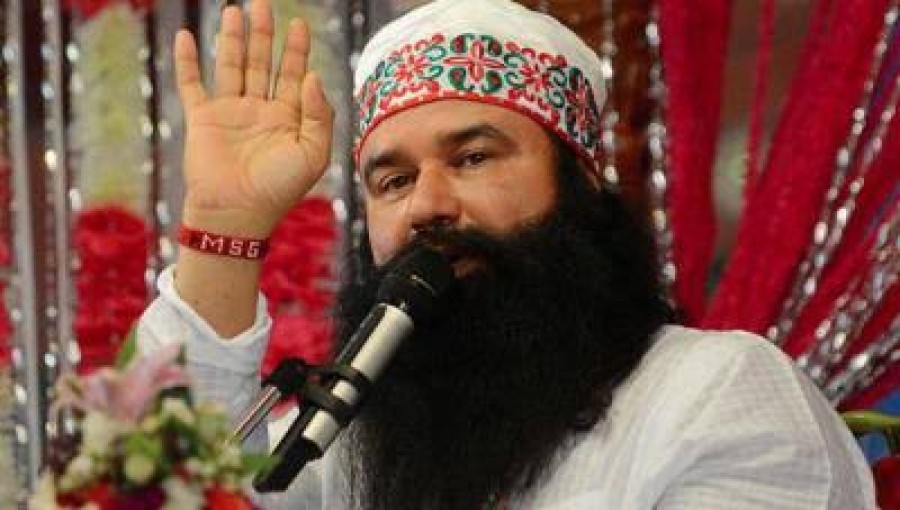






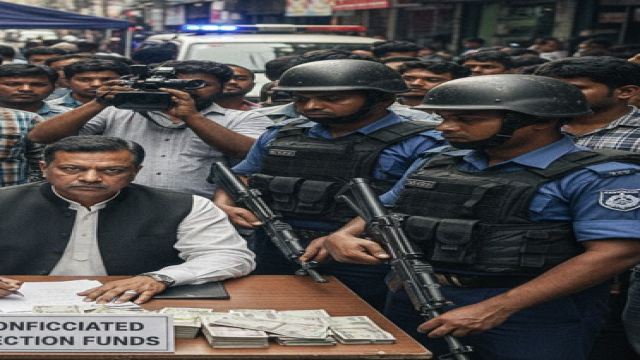
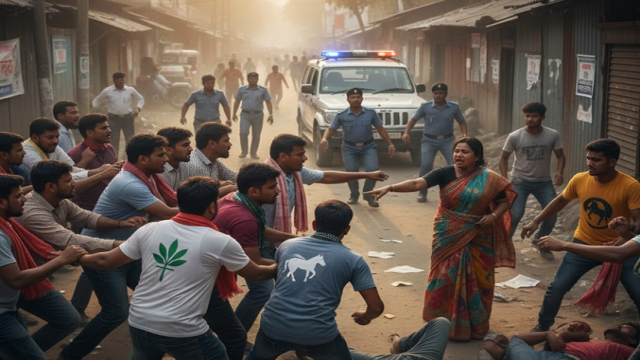
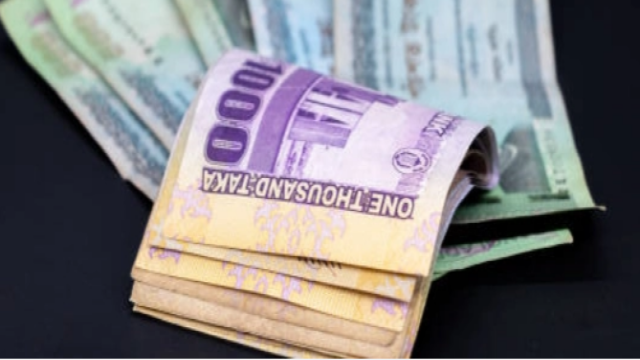

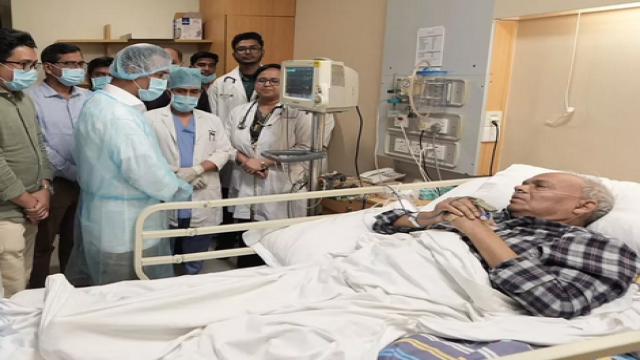
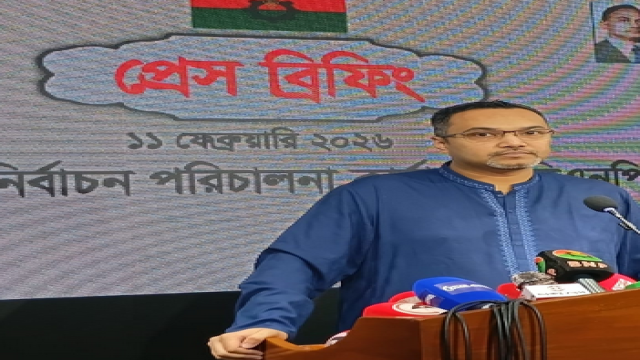
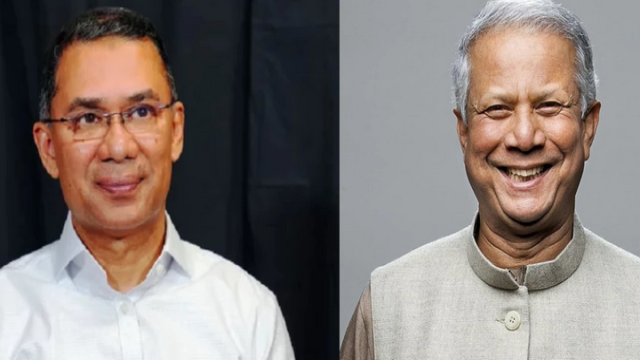
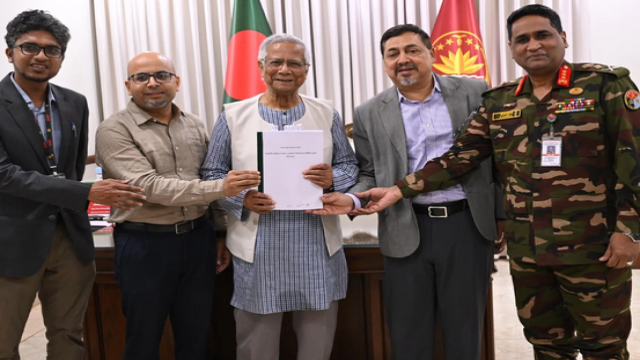
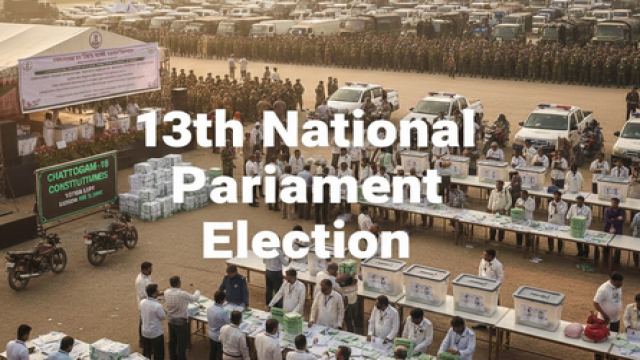
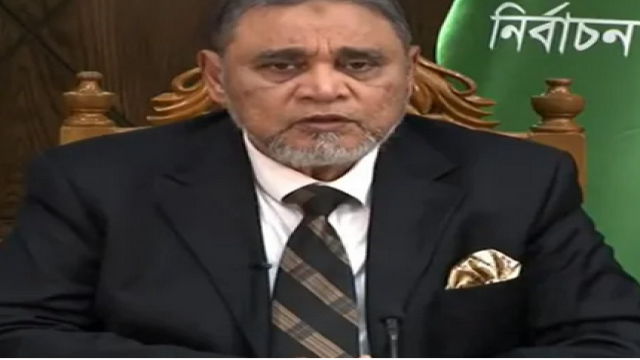











Comment: